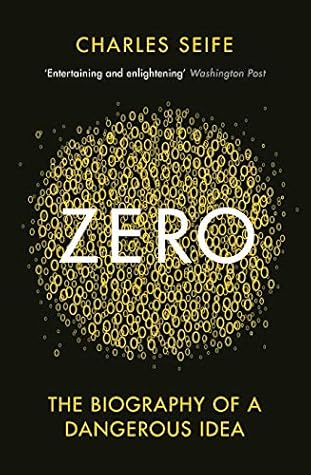More on this book
Community
Kindle Notes & Highlights
Read between
December 30, 2022 - February 18, 2023
Zero is powerful because it is infinity’s twin. They are equal and opposite, yin and yang. They are equally paradoxical and troubling. The biggest questions in science and religion are about nothingness and eternity, the void and the infinite, zero and infinity. The clashes over zero were the battles that shook the foundations of philosophy, of science, of mathematics, and of religion. Underneath every revolution lay a zero—and an infinity. Zero
After all, there were only two logical possibilities for the nature of the void, and both implied that the infinite exists. First, there could be an infinite amount of void—thus infinity exists. Second, there could be a finite amount of void, but since void is simply the lack of matter, there must be an infinite amount of matter to make sure that there is only a finite amount of void—thus infinity exists. In both cases the existence of the void implies the existence of the infinite.
What is man in nature? Nothing in relation to the infinite, everything in relation to nothing, a mean between nothing and everything.
Infinity and zero are equal and opposite—and equally destructive.
This is the definition of the infinite: it is something that can stay the same size even when you subtract from it.
According to quantum mechanics and general relativity, the power of zero is infinite, so it’s no surprise that people are hoping to tap its potential. But for the time being, it appears that nothing will come of nothing.
However, if we do discover a complete theory, it should in time be understandable in broad principle by everyone, not just a few scientists. Then we shall all, philosophers, scientists, and just ordinary people, be able to take part in the discussion of the question of why it is that we and the universe exist. If we find the answer to that, it would be the ultimate triumph of human reason—for we would know the mind of God. — STEPHEN HAWKING


